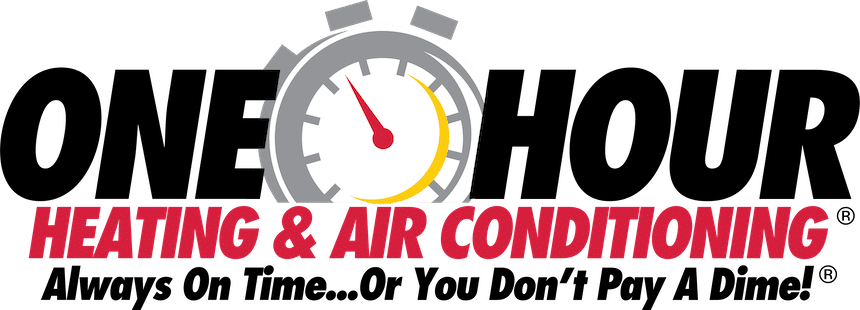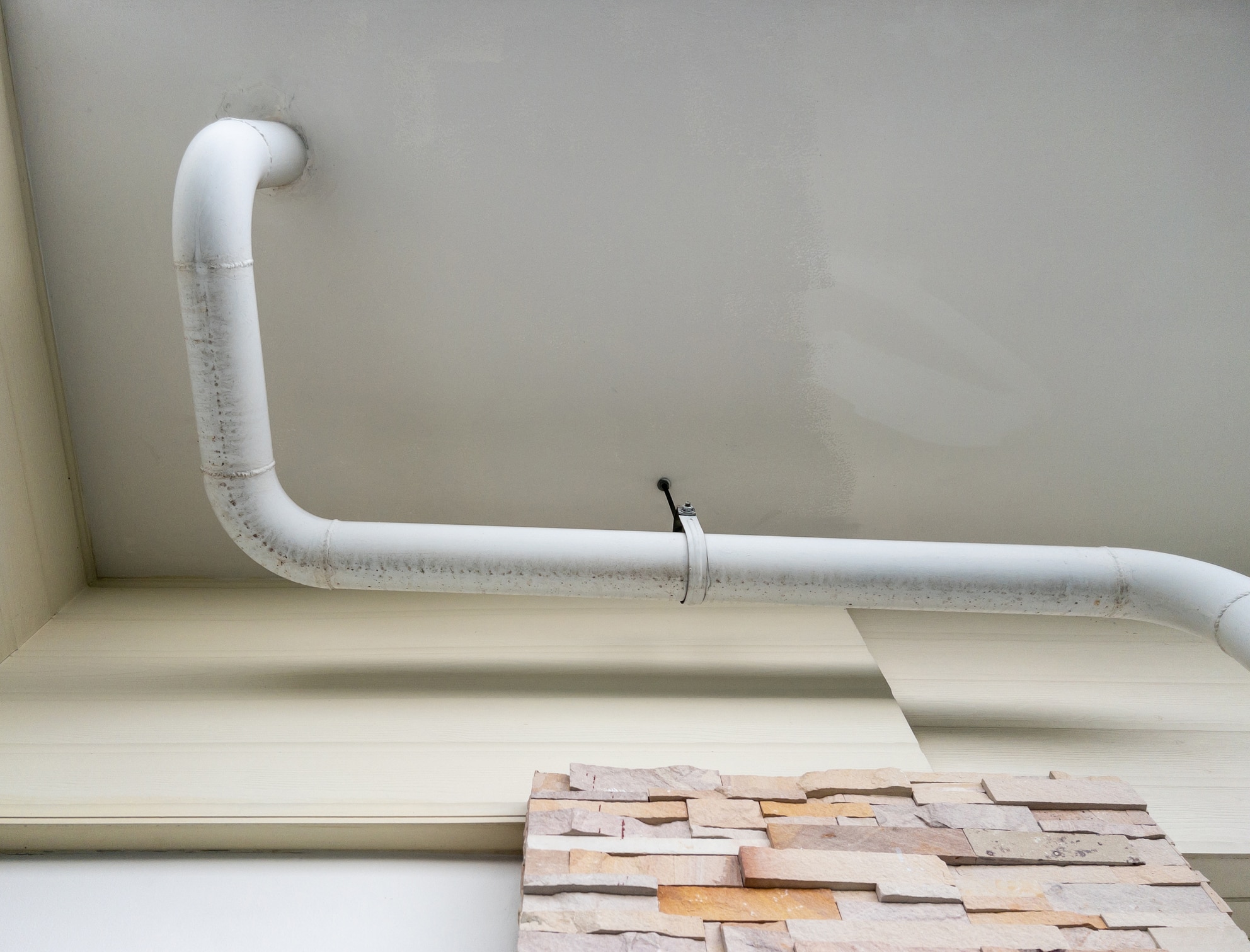In the warm climates of Brunswick, GA, and St Simons Island, GA, AC drain lines play a crucial role in home comfort. These lines ensure that condensation from your air conditioning unit is properly expelled outside. However, they can become clogged with various materials, leading to a host of issues. Recognizing what commonly blocks these lines is the first step toward maintaining an efficient system.
Algae growth is one of the primary culprits behind clogged AC drain lines. In the humid conditions prevalent in coastal Georgia, algae can thrive, obstructing water flow. This not only causes leaks but can also lead to water damage if left unchecked. Early detection and intervention are key to preventing these problems.
Mold and dust accumulation are also common in AC drain lines. These substances can combine with the moisture in the lines, forming a sludge that restricts water flow. Such blockages not only impair the efficiency of your HVAC system but can also pose health risks by contaminating the air you breathe. Homeowners should be vigilant about these potential hazards.
Lastly, pet hair and mineral deposits frequently contribute to blockages. Homes with furry friends might find that pet hair ends up in the most unexpected places, including AC drain lines. Meanwhile, mineral deposits from hard water can solidify in the lines, further complicating the situation. Understanding these common blockage materials helps homeowners take proactive steps to protect their HVAC investment.
Understanding AC Drain Lines and Their Importance
Understanding the types of blockages in AC drain lines is crucial for homeowners in Brunswick, GA, and St Simons Island, GA. These blockages can significantly impact the efficiency and performance of your air conditioning system. Recognizing the signs of these common issues can help in taking timely action. This ensures your system runs smoothly, keeping your home comfortable and safe from potential water damage.
Algae growth, for instance, thrives in the humid conditions of coastal Georgia. It can quickly clog AC drain lines, leading to water backup and potential leaks. Homeowners should be aware of this risk, especially during the warmer months. Regular maintenance can help prevent algae buildup and keep your system functioning properly.
Mold and dust are other common culprits that can lead to blockages. These substances can create a thick sludge that obstructs water flow in the drain lines. Such blockages not only reduce the efficiency of your HVAC system but can also affect indoor air quality. It’s important to address these issues promptly to maintain a healthy living environment.
Lastly, pet hair and mineral deposits present unique challenges to AC drain lines. Homes with pets may find that hair can easily find its way into the system, contributing to clogs. Similarly, mineral deposits from hard water can accumulate over time, causing further obstruction. Regular cleaning and inspection of AC drain lines can help mitigate these issues, ensuring your system remains in top condition.
The Role of Algae Growth in Clogging AC Drain Lines
Algae growth significantly impacts AC drain lines, especially in the humid climate of Brunswick, GA. This green invader thrives in moist environments, quickly becoming a stubborn blockage in the system. Homeowners often notice a musty smell or water backup as early signs of algae clogs. Regular checks and cleaning of AC drain lines can prevent these issues, ensuring smooth operation.
In St Simons Island, GA, the battle against algae in AC drain lines is also common. Algae can cling to the sides of drain lines, forming a barrier that restricts water flow. This not only affects the efficiency of your air conditioning system but can also lead to water damage over time. Prompt attention to cleaning and maintenance can keep algae at bay, protecting your home from potential harm.
The role of algae in clogging AC drain lines cannot be overstated. It acts like a sponge, absorbing and retaining moisture, which exacerbates the problem. When left unchecked, algae growth can cause significant blockages, forcing your system to work harder. This results in decreased efficiency and increased strain on your HVAC system, highlighting the importance of regular maintenance.
Fortunately, homeowners can take proactive steps to minimize algae buildup in their AC drain lines. Simple practices such as routine inspections and regular cleaning can make a big difference. By staying vigilant and addressing algae growth early, you can maintain optimal performance of your HVAC system. This approach not only extends the life of your air conditioning unit but also ensures a comfortable living environment.

How Dust and Pet Hair Contribute to Blockages
Moving beyond algae, dust and pet hair also play significant roles in clogging AC drain lines. In Brunswick, GA, where homes often harbor both, these seemingly innocuous elements can combine with moisture. This mixture forms a blockage that restricts the flow of water through the lines. Regular cleaning becomes essential to prevent these materials from impairing your system’s efficiency.
Pet owners in St Simons Island, GA, might not realize how their beloved animals contribute to HVAC issues. Pet hair, in particular, can easily be drawn into the AC system and find its way into the drain lines. Once there, it can entangle with dust and other debris, creating a dense mat that water struggles to penetrate. Awareness and frequent maintenance can mitigate these risks, ensuring uninterrupted operation.
Dust accumulation is another factor that shouldn’t be overlooked. Over time, dust particles can build up within the AC drain lines, slowly reducing the system’s ability to expel water. This situation is exacerbated in households with high levels of activity or those located in dust-prone areas. A proactive approach to cleaning can help maintain clear lines and optimal system performance.
Finally, understanding how dust and pet hair impact AC drain lines highlights the importance of regular HVAC maintenance. Simple steps, such as using air filters and scheduling routine checks, can significantly reduce the risk of blockages. For homeowners in coastal Georgia, staying vigilant against these common clogging materials is key to protecting their HVAC investment and ensuring a comfortable home environment.
The Impact of Mold on AC Drain Line Efficiency
Mold significantly reduces the efficiency of AC drain lines by creating blockages that hinder water flow. In Brunswick, GA, the warm and humid climate provides an ideal breeding ground for mold within these systems. Homeowners might notice a decrease in air quality or an increase in humidity levels as early signs of mold issues. Addressing mold growth quickly is crucial for maintaining the health and efficiency of your HVAC system.
In St Simons Island, GA, the proximity to the coast can exacerbate mold growth in AC drain lines. The salty air, combined with moisture from the AC system, creates a perfect environment for mold to thrive. This not only affects the system’s efficiency but can also pose health risks to residents by circulating mold spores throughout the home. Regular inspections and cleaning of the drain lines are essential preventive measures.
Mold in AC drain lines acts as a barrier to water, forcing the system to work harder to maintain desired temperatures. This added strain can lead to premature wear and tear on your HVAC system, affecting its longevity. Homeowners should be aware of the signs of mold, such as musty smells or visible growth around AC units, to take timely action.
Finally, combating mold in AC drain lines is a key step in protecting your home’s comfort and air quality. Simple practices like using mold inhibitors and scheduling annual HVAC maintenance can significantly reduce the risk of mold buildup. For residents of coastal Georgia, staying proactive about mold prevention helps ensure that their air conditioning systems remain efficient and effective.
Mineral Deposits: A Hidden Threat to AC Drain Lines
In Brunswick, GA, homeowners often overlook mineral deposits as a cause of clogs in AC drain lines. These deposits form when hard water evaporates, leaving behind minerals that can accumulate over time. This buildup restricts water flow, forcing the air conditioning system to work harder. Regular maintenance can help identify and remove these deposits, ensuring efficient operation.
St Simons Island, GA, residents face a similar challenge with their AC drain lines. The area’s water supply can contribute to the accumulation of mineral deposits within the system. These blockages not only decrease efficiency but can also lead to potential water damage if left unchecked. It’s crucial for homeowners to be aware of this risk and take preventive measures.
Addressing mineral deposits early can extend the lifespan of AC drain lines. Homeowners should consider routine inspections to catch these buildups before they cause significant issues. Simple cleaning techniques can effectively remove mineral deposits, maintaining clear and functional drain lines. This proactive approach safeguards the system against unnecessary strain.
Finally, understanding the impact of mineral deposits on AC drain lines is key to maintaining a healthy HVAC system. By staying vigilant and incorporating regular cleanings, homeowners can prevent these hidden threats from compromising their air conditioning’s performance. Ensuring your system is free from mineral buildup contributes to a comfortable and efficient home environment.

Signs Your AC Drain Line May Be Clogged
Identifying signs that your AC drain lines might be clogged is crucial for homeowners in Brunswick, GA. If you notice water pooling around your HVAC unit, it’s a clear indicator that the drain lines may be blocked. This standing water can lead to moisture issues in your home, highlighting the need for a quick response. Early detection allows for timely intervention, preventing more serious complications.
In St Simons Island, GA, an unusual musty odor emanating from your AC vents can signal a clog in the drain lines. This smell is often due to mold or algae buildup within the system, which thrives in moist conditions. Addressing this issue promptly not only improves air quality but also enhances your system’s efficiency. Homeowners should be alert to such changes in their indoor environment.
Another sign to watch for is a sudden increase in humidity levels inside your home. Excessive moisture can indicate that the AC drain lines are not properly expelling water. This can make your living space feel uncomfortably damp and may cause your air conditioning system to work harder. Regular checks can help maintain optimal humidity levels, ensuring your comfort.
Lastly, if your air conditioning system starts to shut off unexpectedly, it might be due to a clogged AC drain line. This safety mechanism prevents water from overflowing and causing damage. Homeowners experiencing such shutdowns should inspect their system for blockages. Keeping AC drain lines clear supports the longevity and effectiveness of your HVAC system, safeguarding your home against potential water damage.
Preventive Measures to Keep AC Drain Lines Clear
To prevent clogs in AC drain lines, regular maintenance is crucial. Homeowners in Brunswick, GA, can start by scheduling annual inspections with a professional. These check-ups can catch early signs of algae, mold, or mineral deposits. Ensuring your system is clean enhances its efficiency and longevity.
In St Simons Island, GA, using a mixture of vinegar and water for monthly flushes is a simple yet effective method. This solution helps to keep the lines clear of potential blockages. It’s a proactive step that residents can easily incorporate into their home maintenance routine. This practice not only keeps the lines clear but also prevents the growth of harmful bacteria.
Installing a drain pan tablet is another preventive measure to consider. These tablets are designed to reduce the chances of blockages in AC drain lines. They work by slowly dissolving, preventing the buildup of dust, pet hair, and other debris. It’s a straightforward solution that can save homeowners from future headaches.
Lastly, ensuring that air filters are changed regularly can significantly impact the health of your AC drain lines. Clean filters prevent dust and pet hair from entering the system in the first place. For homeowners, this is one of the easiest steps to take. It not only maintains clear lines but also improves the overall air quality in your home.
Professional Solutions for Clearing AC Drain Line Blockages
When it comes to tackling the tough blockages in AC drain lines, homeowners in Brunswick, GA, often turn to professionals. These experts use specialized tools to effectively clear out algae, mold, and other debris. Their experience allows them to quickly identify and resolve issues, ensuring your system operates smoothly. This professional intervention can save homeowners from the hassle and uncertainty of DIY methods.
In St Simons Island, GA, HVAC technicians often employ high-pressure water jets to clean AC drain lines. This method effectively removes stubborn clogs without damaging the pipes. Technicians also use cameras to inspect the lines, pinpointing the exact location of blockages. This precision ensures that the cleaning process is thorough and effective, restoring proper function to your AC system.
Another professional solution involves the use of environmentally safe chemicals that break down the materials causing the blockage. These solutions are carefully selected to ensure they do not harm your AC system or the environment. Professionals know the right formulas to use, guaranteeing that your AC drain lines are clear and free from growths that could lead to clogs.
Lastly, regular professional maintenance is key to preventing future blockages in AC drain lines. By scheduling routine check-ups, homeowners can avoid the buildup of harmful debris. Technicians can spot early signs of potential problems and take preemptive action. This proactive approach keeps your AC running efficiently, ensuring a comfortable home environment year-round.
Frequently Asked Questions
What causes blockages in AC drain lines?
Blockages in AC drain lines often stem from algae growth and mold. Dust, pet hair, and mineral deposits also contribute to clogs. These substances restrict water flow, leading to leaks and system inefficiency. Recognizing these common culprits can help homeowners protect their HVAC systems.
How to prevent AC drain line clogs?
To prevent clogs in AC drain lines, regular maintenance is key. Scheduling annual inspections with a professional ensures they catch and clear any buildup early. Homeowners can also change air filters frequently to reduce dust and debris entering the system. Additionally, running a vinegar solution through the drain line monthly can help dissolve minor blockages and inhibit algae and mold growth.
What are signs of a blocked AC drain line?
Signs of a blocked AC drain line include water pooling around your unit, an increase in indoor humidity levels, and unusual odors. You might also notice your AC system shutting off unexpectedly. These indicators suggest that the AC drain lines may be clogged, affecting the system’s efficiency and performance. Spotting these signs early can help prevent more serious issues.
How often should AC drain lines be cleaned?
AC drain lines should be cleaned at least once a year to ensure smooth operation. This regular maintenance helps prevent algae, mold, and other debris from causing blockages. For homes with pets or in areas with high dust levels, cleaning might be needed more frequently. Keeping these lines clear protects your system from inefficiency and damage.
Can insects cause issues in AC drain lines?
Yes, insects can indeed cause problems in AC drain lines. Small bugs and pests may enter the lines, creating blockages and restricting water flow. This can lead to leaks and affect your system’s efficiency. Regular inspections can help identify and address any insect-related issues early, keeping your AC running smoothly.











